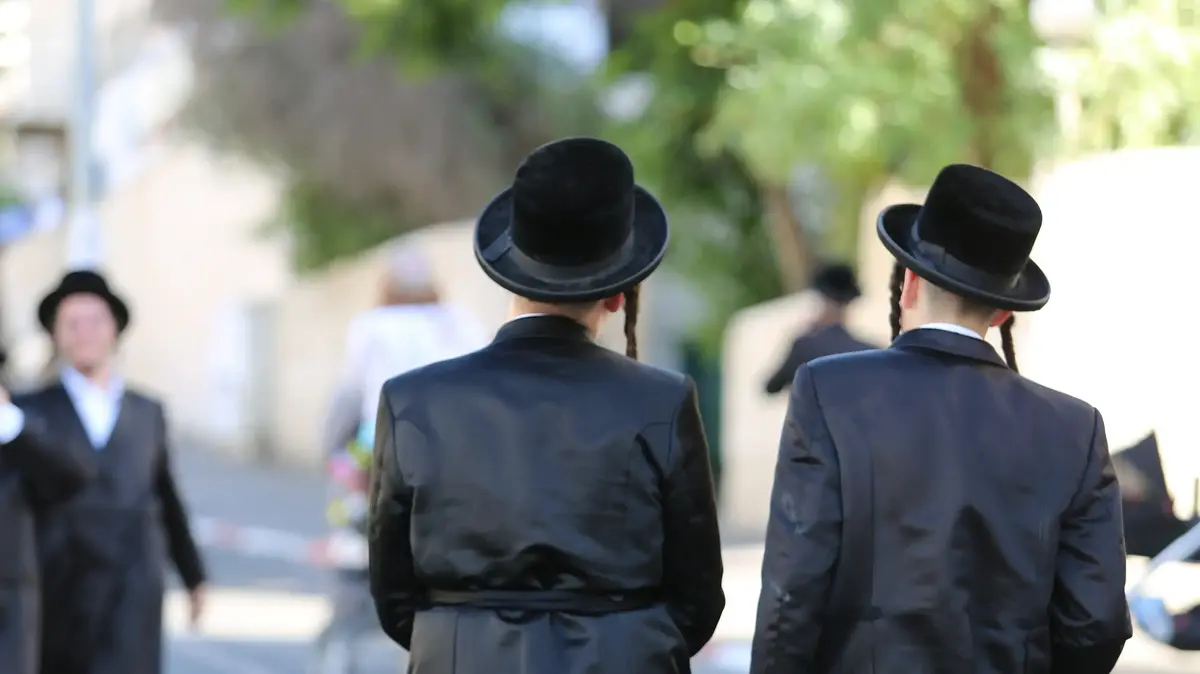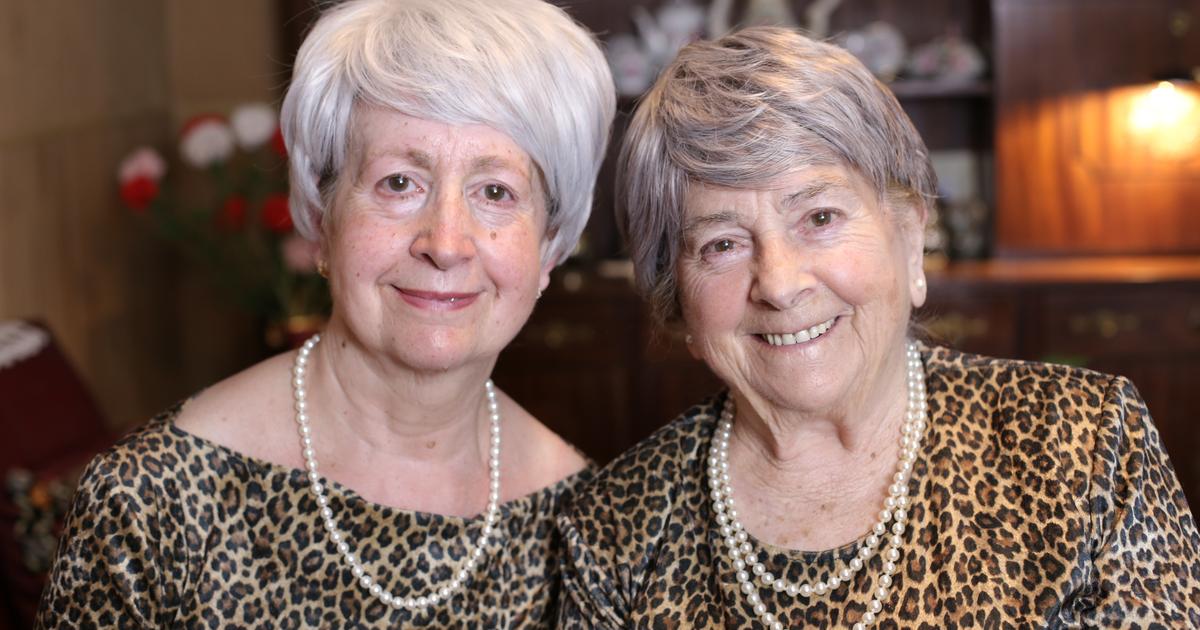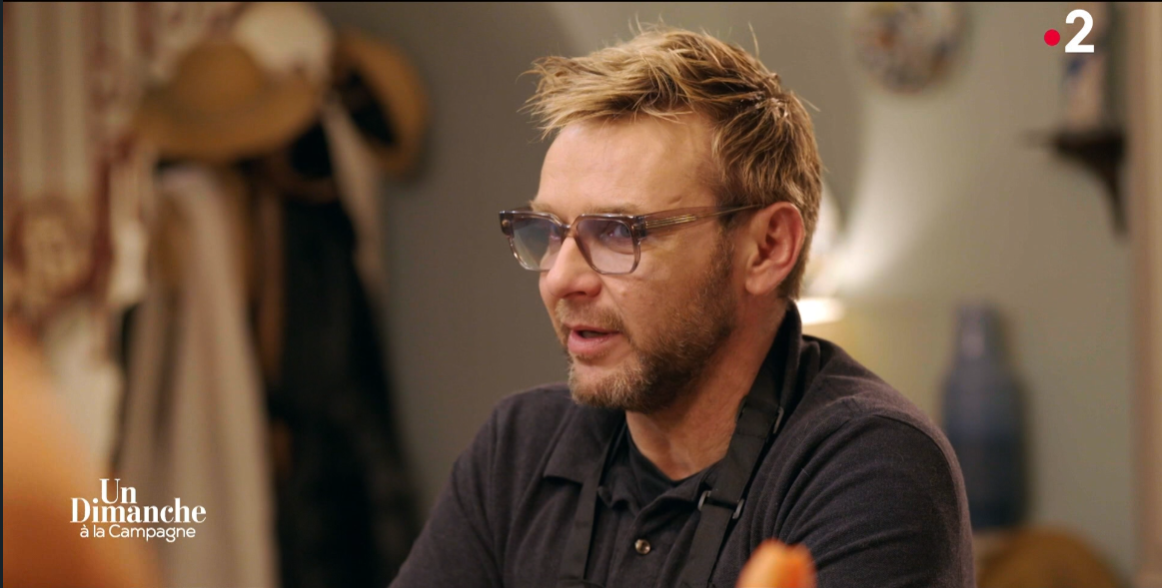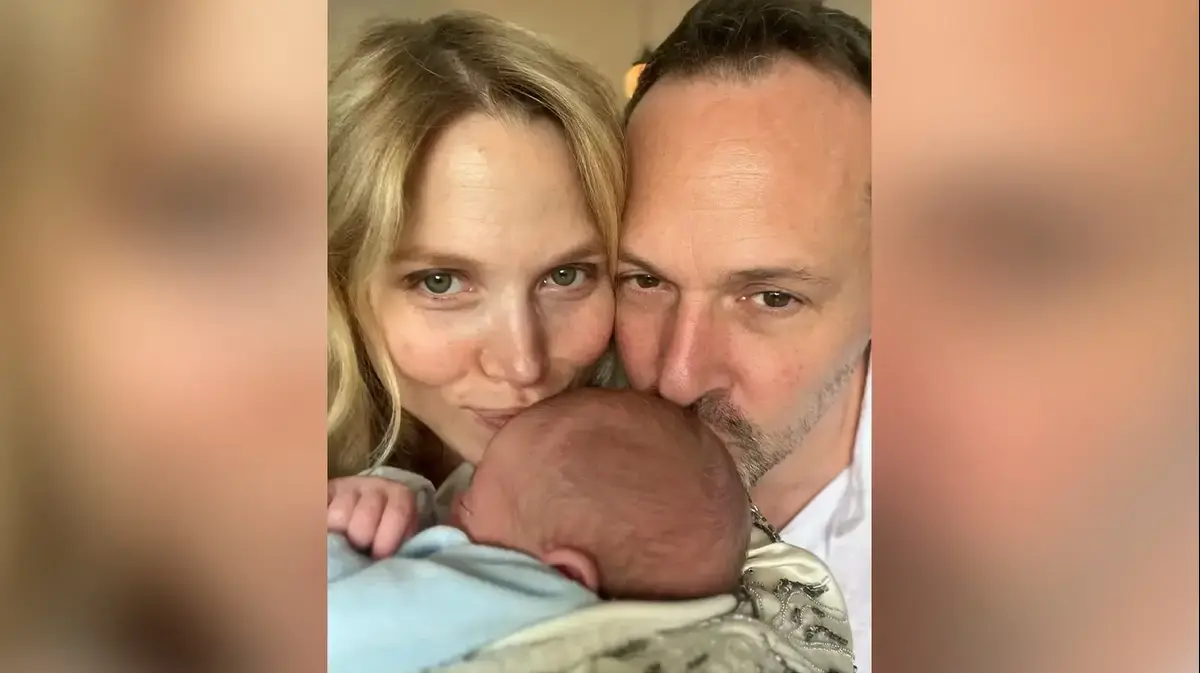After the death of the parents: the single brother in a head-on confrontation with his brother
A sharp dispute broke out between the brothers following the division of the inheritance.
What does the law say?
Walla!
Judaism in collaboration with the teaching house by the Chabad Halacha Institute in a fascinating weekly section
Aryeh Zamir, submitted on behalf of Shoba Israel
02/10/2022
Sunday, 02 October 2022, 11:11
Share on Facebook
Share on WhatsApp
Share on Twitter
Share by email
Share in general
Orthodox Jews (Photo: ShutterStock)
Walla!
Judaism in collaboration with the teaching house by the Chabad Halacha Institute in a fascinating weekly section: And this week - the unmarried brother in a head-on confrontation with his brother. What does the Halacha say?
Background
:
The Cohen family (pseudonym) has four brothers, of whom three are married and one is single.
The unmarried brother lived for the years in his parents' apartment, and one day he decided to renovate the apartment, which was very old. To this end, he invested about NIS 100,000 in it, among other things, he changed the pipes, arranged the electrical cabinet, changed all the air conditioners in the house to central air conditioning, bought a new kitchen, etc.
After After the death of the parents, the brothers came to divide the inheritance and asked to sell the apartment, but here a sharp dispute arose between the brothers regarding the method of division:
the value of the apartment before the renovation was 1,600,000 NIS and now after the renovation it is 1,700,000 NIS.
The three married brothers wanted to share the apartment equally, while the unmarried brother opposed it and claimed that he first wanted to receive from the other brothers the return on his large investment in the apartment in the amount of NIS 100,000 and only after that they would share the remaining money after lowering his expenses.
The other brothers objected to this for two main reasons:
first, the brothers argued that this investment was a gift to the parents, not a loan for them.
Second, the brothers argued that even if he did not give it as a gift, he made the investment for himself and not for his parents, since he lived in the apartment together with his parents all these years, and therefore when they come to share the value of the apartment, they do not have to give him anything, and this is included in the fence. It is enjoyed and it is not lacking' that since the unmarried brother did not make the investment for them but for himself - they can enjoy it at the time of sale.
In contrast, the brother replies that he did not invest in it as a gift to his parents, and what he lived in the apartment (and as if he renovated for himself) was not for free but in return for taking care of the elderly parents and in relation to the claim that 'it is enjoyable and it is not lacking' put forward by the brothers, the brother claims that there is no reason to give his investments to the brothers.
And the question arises:
are the brothers really supposed to set aside the amount of his investment in the apartment for the unmarried brother, or did he lose it and the brothers will divide the entire value of the apartment equally?
Brief answer:
the unmarried brother must receive from the other brothers before the division the value of the investment he invested in the apartment in the amount of NIS 100,000, and this investment is registered in his name and belongs to him only.
After that, they will divide the value of the apartment equally.
Detailed answer:
First, it is an explicit law that whoever goes down to his friend's field and plants in it, the owner of the field is obliged to pay him for them.
And if it goes down with permission, then the owner of the field is obligated to pay him and the planter has the upper hand (if the praise exceeds the expense, the praise is taken and if the expense exceeds the praise, he takes the expense).
It was also brought up in the latter that when Zen the son of his parents did not have any assets, then for the sake of charity and kindness Zen them, and therefore even though they later fell to them, he cannot recover from them. Yes, they provided their own money - we say that it corresponds to the name of a 'loan', and therefore he will be able to recover from their assets, especially after their death. Therefore, it must be said that the unmarried son's investment in the apartment was not for the purpose of a gift, but for the purpose of a loan. to give them gifts and thus his demand to win the praise of the investments is accepted.
And regarding the claim of the brothers that they are in the fence 'it's fun and it's not lacking' (and as if he invested only for it):
It is true from the legal point of view, if they had come to use the apartment themselves they could have said yes, and just like when they stayed at the parents' house they used the 'renovation' that was done there (it is enjoyable and it is not lacking);
Although since we explained earlier that the son's investment for his parents is nothing more than a loan, even if it is said that he invested for himself - then when they ask to sell the apartment, they do not want to enjoy the object or the investment of the brother, but to enjoy the praise that the brother praised in the apartment, and the rule does not apply to that of 'it is enjoyed and it is not lacking' but it is considered as any investment that the investor (even if not with the permission, and every neighbor with the permission of the parents) takes the praise, and only after that they will share in the rest of the value of the apartment.
Indeed, generally the law is that when a person invades his friend's house that was about to fall, and they renovated it so that it would not fall and in addition decorated the house, he cannot claim reimbursement from the owner of the house except for the expenses of what he did to prevent the house from falling (but not for the decorations and renovations), and according to this also Here the brothers could claim that they would only pay for the necessary renovations to maintain the apartment;
Although since the renovation increases the value of the entire apartment, which is for sale - then the renovation is the one who praises the apartment because of which the apartment is sold for more money, and without the renovation it will be sold for less) and since all their pleasure is (not from the use of the apartment but) from the sale of the apartment - therefore they are responsible for all the expenses of the renovation ( and not only in the necessary things done for the maintenance of the house).
Sources: Shu'a Chom Rasad sd and Sha'a sd and Benuk there, refer to Havat Yair, quoted in Petash Ramo sqg, in Ketzuhach Kanch sqo, and in Sefer Shamro Court C. Mah.
There is no halachic ruling in this section and one should contact the rabbi or the house of instruction in each individual case.
Written by Rabbi Yitzhak Eitan Mizrahi, Chabad Halacha Institute.
For comments: publish@smslarav.co.il
Judaism
life itself
Tags
Judaism














